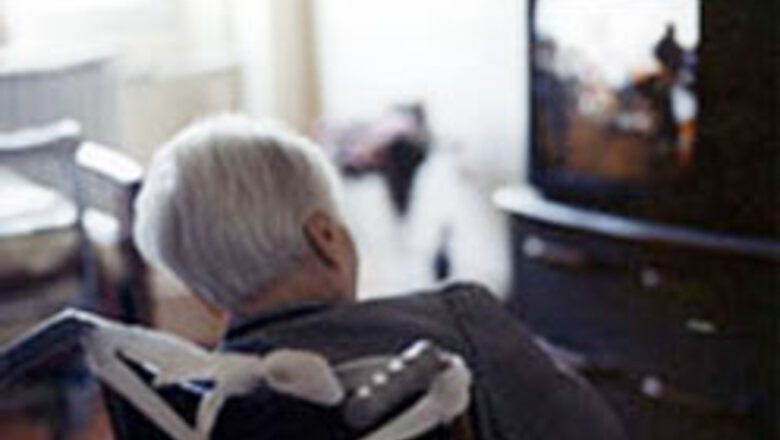
views
New Delhi: One in five of us faces a lonely and shameful death in a nursing home, as medical advances leave us without family support, an academic has warned states The Daily Mail.
“Those who imagine they will die in their sleep, surrounded by loved ones, are fooling themselves,” Professor Allan Kellehear was quoted by the news daily.
Medical advances mean we are living longer. But, according to Kellehear’s research, nobody has thought about how to cope with the growing numbers of sick and elderly
"One in five people will die in nursing homes, and on some estimates that could be as high as one in three," Kellehear, a sociologist at Bath University told the news daily.
"These are deaths that many involved see as shameful. They feel they are useless, a nuisance and in the way. Most people think only fleetingly about how they will die and usually it surrounds some romantic notion dying in our sleep at home. This couldn't be further from the truth,” he added.
"We are significantly more likely to die a prolonged death in a nursing home or hospital, preceded by multiple organ failure, pneumonia or dementia."
Professor Kellehear has collected figures on how we die in his book, A Social History of Dying. He sets out a history in which early man was killed and eaten by predators.
As farming developed, he would die from disease. Later, men and women would usually die surrounded by friends and family or under the management of doctors, or shamans in less developed societies.
But today, medical improvements make such deaths available to fewer.
"One of the problems is hospitals," he said. "They will jump on you as soon as you look a bit wan. "People who would once have died of heart failure are regularly revived. But many live on with brain damage.
"Medical advances and a growing dementia epidemic mean that we experience a prolonged death. Taking so long to die when you are so old that you become confused, unmanageable and unrecognisable to friends, makes the way we are likely to die uncertain.
A series of reports over the last three-years have warned that far too little is spent on help at home for pensioners. This means many are consigned to care homes while they are still capable of leading independent lives.
There has been growing disquiet about the treatment of the elderly in care homes and nursing homes. Their plight has been highlighted by the Daily Mail's Dignity for the Elderly campaign.
Meanwhile, the number with dementia is likely to grow from 700,000 to a million within 20 years, a Dementia UK study found.
With excerpts from the Daily Mail




















Comments
0 comment